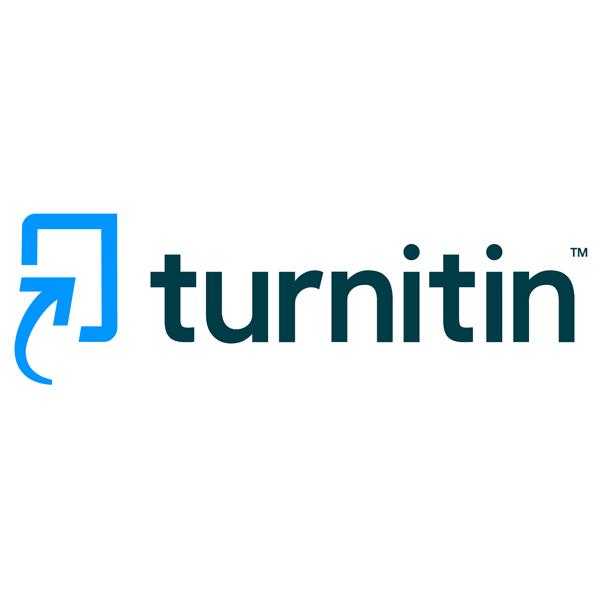
The challenges facing universities to uphold academic integrity
Universities must find a way to detect increasingly sophisticated, AI-enabled cheating techniques to ensure that student assessment and academic research remain authentic.
A session at THE Campus Live Japan 2022, held in partnership with Turnitin, explored global higher education trends and the future of integrity and artificial intelligence (AI).
James Thorley, regional vice-president of the Asia-Pacific region at Turnitin, said plagiarism was not a new issue but was a growing concern for academic institutions.
“Since there has been the written word, there has been the concept of plagiarism,” Thorley said. “Since the turn of the century, there’s been a huge increase in the amount of research published. And there’s been more than a corresponding increase in the rate retractions have gone up. Alongside that, there’s been a huge rise in interest and concern around research integrity among universities.”
A 2022 study in Japan from Turnitin found that 85 per cent of respondents felt very concerned or concerned about the negative impact of research misconduct on the reputation and prestige of their university.
In the “hugely challenging environment” of the Covid-19 pandemic, many universities moved away from traditional exams to alternative online assessments, increasing the opportunities for academic misconduct.
“It was a dramatic shift. Universities, I think, did a great job, but there was still a lot of confusion. And students either deliberately or accidentally, as they came towards the end of the assignment, may have been more likely to engage in cheating behaviours,” said Thorley.
“Clearly, the move to online away from in-person invigilation does create more opportunities. There were online tools that were put into place to help mitigate that, but I think if you’re going to do online, there’s always going to be more risk than in-person when it comes to some aspects of cheating behaviours.”
Universities will face further challenges, said Thorley, in the form of AI writing tools – algorithms based on large language models that can write in an accurate and coherent way.
“These tools are going to be incredibly disruptive and are already changing a number of industries,” he said. “For us in the academic sphere, I think the huge debate that’s happening right now is, what does this mean for the essay?’
“And I think there’s a more philosophical debate around why shouldn’t students use an AI tool to help augment their writing? If we are wanting to graduate students who are ready for the real world and they’re going to be using these kinds of tools in the workplace, shouldn’t we be preparing them in universities for that? How do we think about changing assessment to combine the best practice of traditional assessment with some of these new technologies that are coming in?”
Find out more about Turnitin.
Key Details
Artificial intelligence is the latest threat to traditional assessments as institutions confront fears of a rise in academic misconduct

